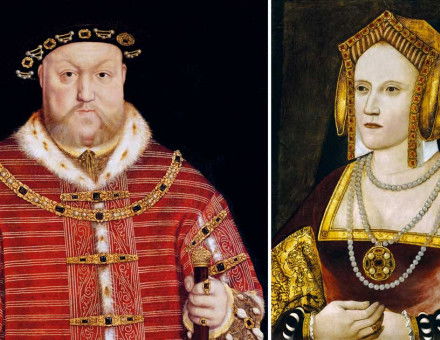The Private Life of Henry VIII
In our Film in Context series, Greg Walker explores the wider messages of Alexander Korda’s historical classic, in terms of the opposition to Appeasement and the mood of 1933.
Alexander Korda’s The Private Life of Henry VIII (London Films, 1933) is probably best remembered by cinema historians as the first British film to challenge Hollywood at its own game, both artistically and at the box office. It is fondly recalled by film fans for Charles Laughton’s bravura performance in the title role, tossing chicken bones over his shoulder while intoning a lament for the decline of good manners. For television audiences today, it perhaps suggests that rather dated version of English history focused upon charismatic kings and their stirring deeds. But the film’s treatment of English history and of Englishness is more subtle than it first appears. Its status as a ‘classic’ costume drama has obscured the sharpness of its contemporary political edge; but it is important to recover that sharpness if we are to appreciate the full impact of the film.





